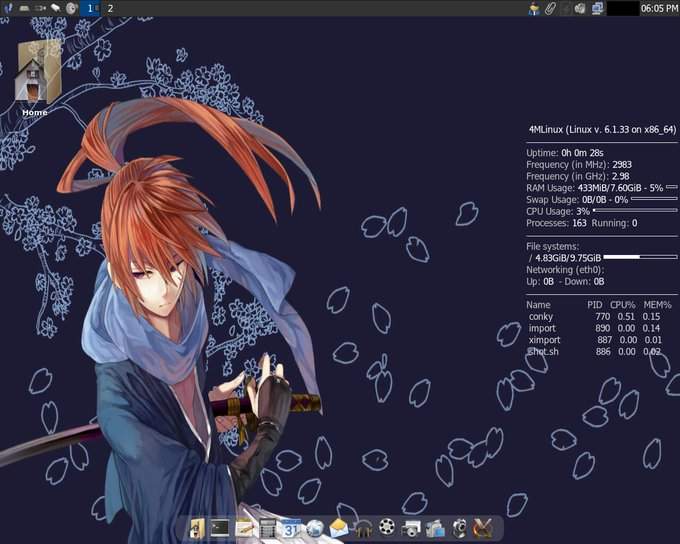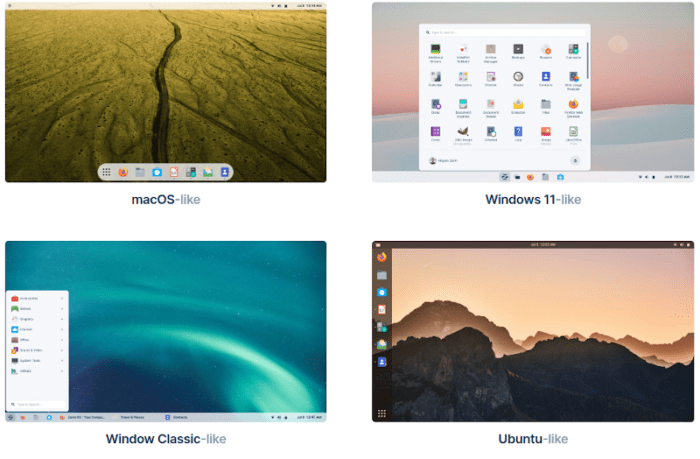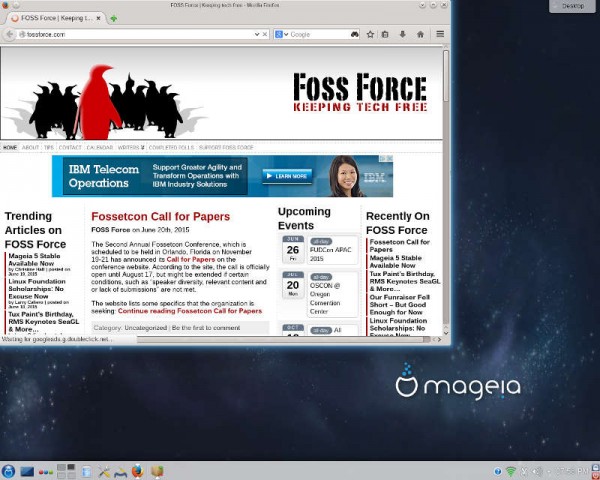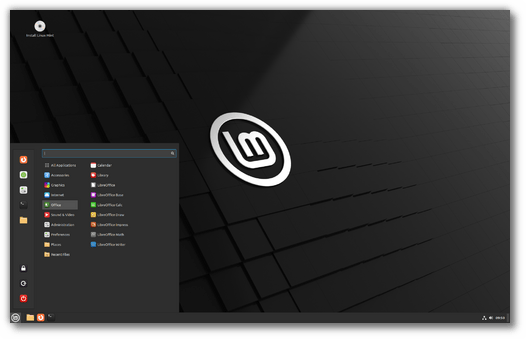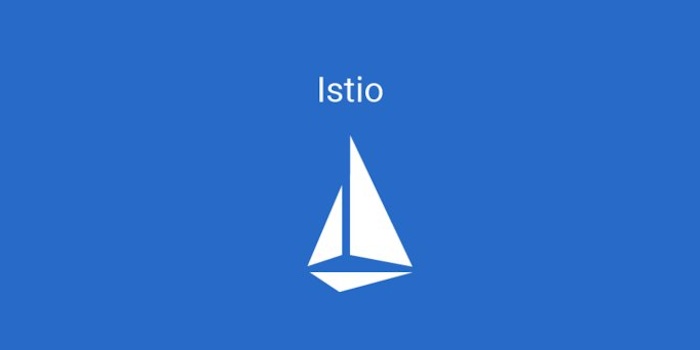4MLinux 43.0 is available. A new version of a utility distro that focuses on server, multimedia, system rescue, and games. There’s a new 4MLinux in…
Posts published in “Distros”
Released last week, Zorin 16.3 has two paid Pro editions, two free editions for everyday Linux users, and two educational editions.
In this week's column we wish Slackware a happy 30th birthday, look forward to the soon to be landing Mageia 9, and get the bugs out of LibreOffice 7.5.5.
With Ikey Doherty again taking a central role within the Solus Project, it's a fair question to ask how long he will stay before abandoning Solus for the third time.
On Sunday Linux Mint announced the release of Linux Mint 21.2 across all three of its mainstream editions. Like other releases in the 21.x series, this release will be supported until 2027.
After seven years, we're reviving our Friday FOSS Week in Review column. This week we're covering Istio's graduation at CNCF, Oracle's attempt to take the moral high ground against Red Hat, and Elon Musk's latest adventure.
Fedora is looking for a few good testers.
System76 is already taking orders for two of the three new laptops it announced on Thursday, with the third expected to be ready for prime time within a few months. These are in addition to two other new laptops the company has already released since February.

